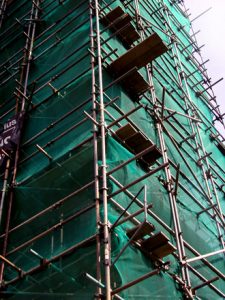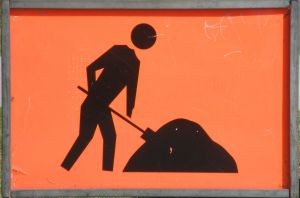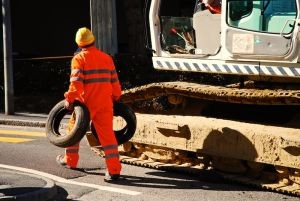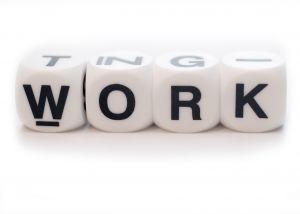When a worker is injured on-the-job in Boston, he or she should immediately report the injury to a supervisor or the employer. And if that worker desires to be compensated for medical bills, the cost of rehabilitation including physical or occupational therapy, and to recover for lost wages due to time away from work, the only course of action in most to cases is to promptly file a workers’ compensation claim.
One issue that often arises is when the claimant has a pre-existing condition aggravated by a work-related injury.
Categories of Workplace Injuries in Boston
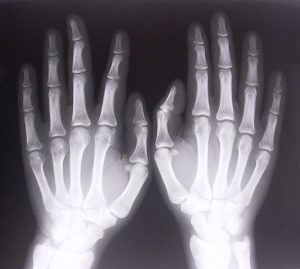 There are two main categories of workplace injuries in Boston workers’ compensation cases. One category of workplace injuries involves damage caused by a single traumatic event. For example, if an employee is working in the stockroom of a big box store, there is a good chance someone else will be be moving around with a pallet jack or forklift. If the employee is working in the back and a pallet jack runs over his foot, the heavy metal casters with a heavy pallet sitting on top could easily break a toe or other bones in the foot if the worker is not wearing a steel-toed shoe or boot. This type of accident happens all the time. The United States Department of Labor (DOL) keeps detailed statistics on pallet jack injuries in the U.S., and as we can see from the data, some of these resulted in amputations. Continue reading
There are two main categories of workplace injuries in Boston workers’ compensation cases. One category of workplace injuries involves damage caused by a single traumatic event. For example, if an employee is working in the stockroom of a big box store, there is a good chance someone else will be be moving around with a pallet jack or forklift. If the employee is working in the back and a pallet jack runs over his foot, the heavy metal casters with a heavy pallet sitting on top could easily break a toe or other bones in the foot if the worker is not wearing a steel-toed shoe or boot. This type of accident happens all the time. The United States Department of Labor (DOL) keeps detailed statistics on pallet jack injuries in the U.S., and as we can see from the data, some of these resulted in amputations. Continue reading
 Massachusetts Workers Compensation Lawyers Blog
Massachusetts Workers Compensation Lawyers Blog





